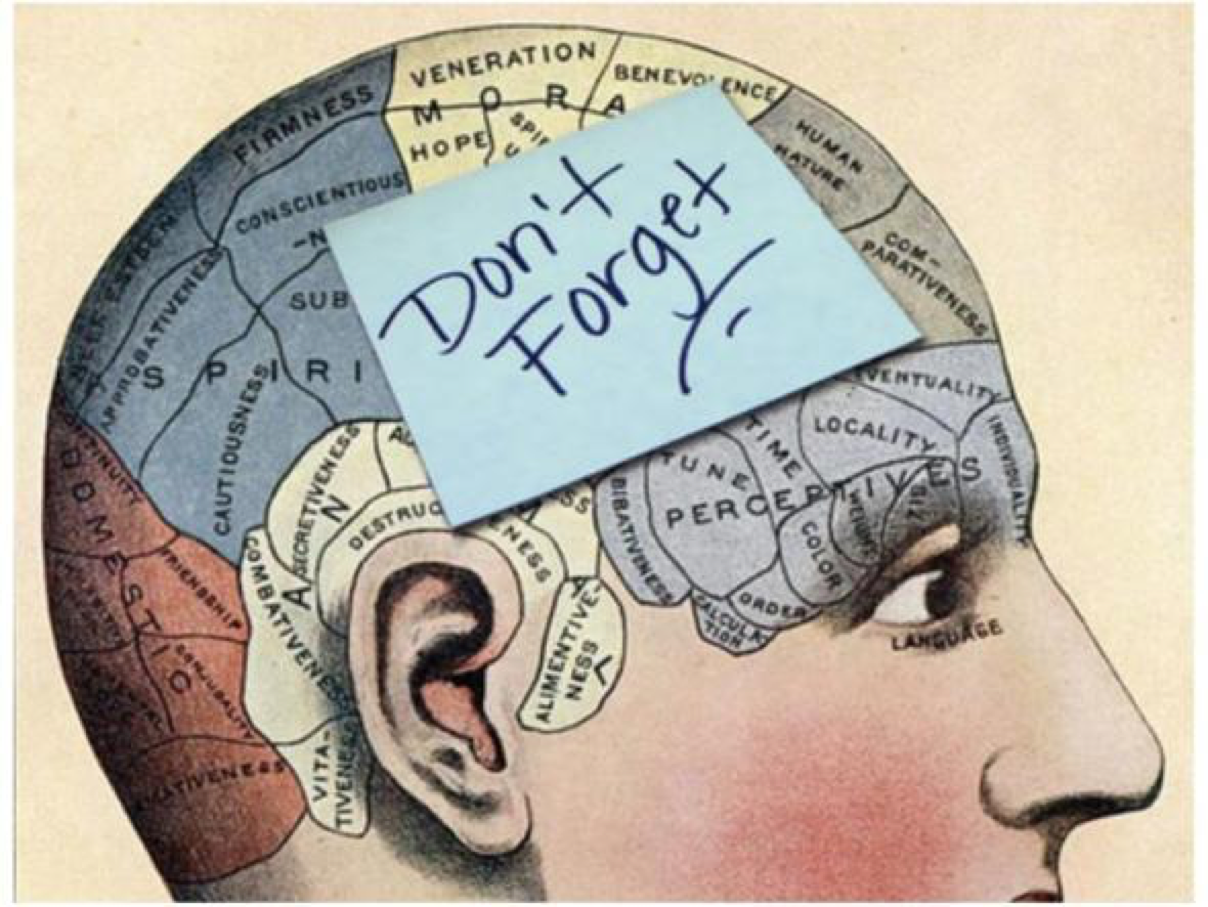Names are the sweetest and most important sound in any language-Dale Carnegie

Ever know the name of a person but are not sure how to pronounce it? Ever feel as though you can remember someone’s name to save your life? You are not alone
A name is a vital aspect of human culture and experience. In a name, an individual holds empowerment. If not done correctly, it can be subtly psychologically traumatising. However, it is not easy but there are a few tricks that can help you remember.
It can be depowering and frustrating if one continues to mispronounce the name bearer. It is frustrating and can be tiresome when any correction given to a said person doesn’t seem to be accepted. According to Brédart (2017), names enable us to designate entities particular level of categorisation and placement in society. Therefore, it can be psychologically traumatising when one mispronounces another’s name.
However, name mispronunciations from remembrance are understandable as it is difficult to name things. In the study by Humphreys et al. (1999) on picture identification, object naming is complex and based on successive processing stages. Even a subtle mistake in perceptual information can be problematic with access to semantic knowledge. In other words, a minor error in the object or person’s perception can completely derail the process of naming correctly.
Humans are incredibly visual creatures that have established their entire society heavily on visual perceptions. The way they eat, interact, reproduce, and the tools they use are visible. Is it such that any deficiency in this visual processing results in catastrophic processing? Moreover, even the thought of losing one’s sight can be grave.
In the study Blindness, Fear of Sight Loss, and Suicide by De Leo et al. (1999), they found that anticipation of losing one’s sight can be severely psychological distressing to lead to suicide. The study analysed 19 visual (12) vs hearing (7) impairment case studies from 1990 to 1997 from coroner’s postmortem reports. The report showed that high anxiety and fear surrounding the progressive sight loss were more reported in the 11 out of 12 visual impairment cases, possibly explaining their suicide. On the other hand, only two out of the seven cases of visual impairment showed high anxiety and fear.

With visuals having a tremendous impact on the psychological and operational well-being of the human species, how can you use your visuals to help? You keep seeing the person but always keep forgetting their name.
It all starts with first encoding the name. Encoding is the process of placing the information into your brain. There are several ways to do this. You can practice repeating the word in your mind. You can try saying it out loud. You can try saying it in your head (muted) as visualisation is crucial to the human species. You can also try visualising the name, letter by letter. Additionally, you can attempt to imagine the name is written in the air or on a surface. Visualisation can significantly help with encoding.
Sometimes you might have practiced, but you are unsure if you have it in your head. Memory storage is simply the information you previously encoded in your brain lasting after a certain amount of time and can be used. Think of it like storing food in your fridge. You have the food as long as it is in your fridge. The encoding process helps you get the memory (food) into your brain (fridge). The success of this is dependent on the encoding phase.
You have the food in your fridge but now want to access it. Retrieval is the process of using the information you’ve stored. The hippocampus, parahippocampal cortex (PHc) and perirhinal cortex (PRc) are the most active brain regions when it comes to memory (Diana et al., 2007). These three regions work together to ensure that you can correctly remember the pronunciation of that name you want to remember.
Names are an essential part of human culture. Though it can be challenging to remember names; however, as humans are incredibly reliant on visuals, visual techniques and practice can help bridge the gap to make remembering names much easier and less traumatising to the bearer.
In a way, the sweetest sound is also your imagination-unknown
Sources
Brédart, S. (2017). The cognitive psychology and neuroscience of naming people. Neuroscience & Biobehavioral Reviews, 83, 145-154.
De Leo, D., Hickey, P. A., Meneghel, G., & Cantor, C. H. (1999). Blindness, fear of sight loss, and suicide. Psychosomatics: Journal of Consultation and Liaison Psychiatry, 40(4), 339–344. https://doi.org/10.1016/S0033-3182(99)71229-6
Diana, R. A., Yonelinas, A. P., & Ranganath, C. (2007). Imaging recollection and familiarity in the medial temporal lobe: a three-component model. Trends in cognitive sciences, 11(9), 379-386.
Humphreys, G., Price, C. & Riddoch, M. From objects to names: A cognitive neuroscience approach. Psychological Research Psychologische Forschung 62, 118–130 (1999). https://doi.org/10.1007/s004260050046
University of Bristol. (n.d.). Neural pathways. Centre for Synaptic Plasticity | University of Bristol. Retrieved May 13, 2022, from https://www.bristol.ac.uk/synaptic/pathways/

I am quite interested in if this depowering and frustration would happen if we forget or remember the wrong birthday for other people. Personally, I sometimes have a hard time remembering people’s birthdays and I know many other people with the same issue. I guess birthdays have the same process as encoding the names, but I found remembering birthdays much harder than names. I am quite curious about that.
LikeLike
Hi! This post is something I can personally relate with since my name is a Nigerian name and I live in America. It is frustrating at first but realizing that I also have trouble remembering to pronounce other people’s names and understanding that it’s a common struggle helps with the frustration. Amazing post Eniola!
LikeLike